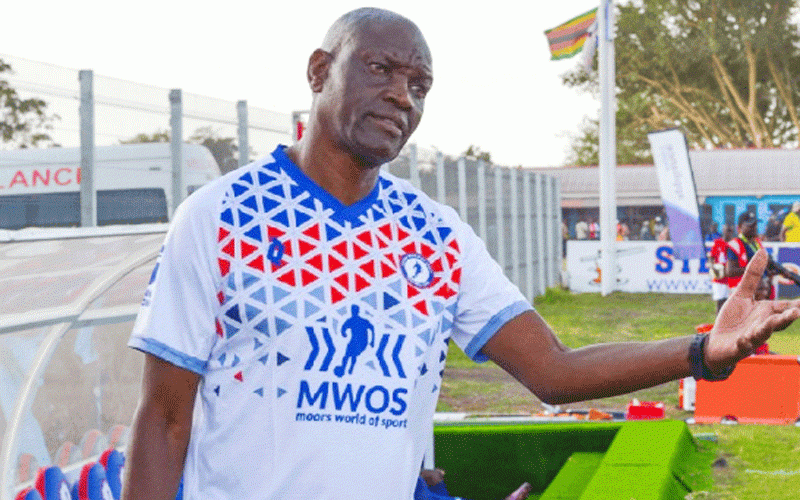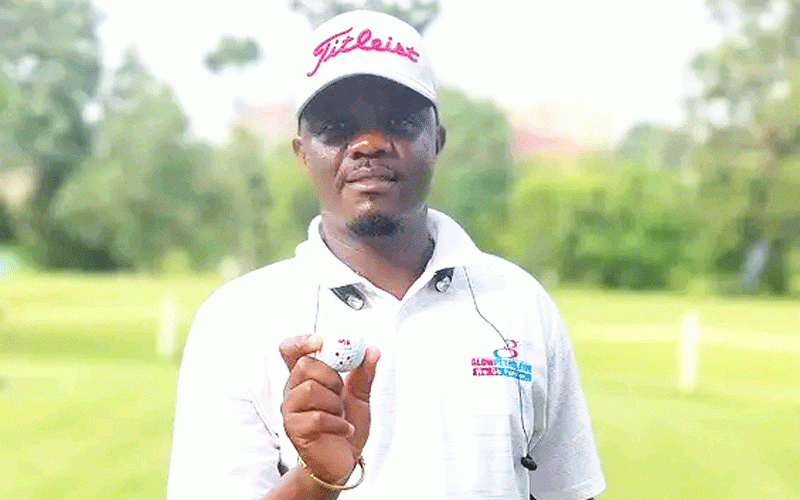
Cutting sporting ties and boycotting tours to certain countries have been used to send a clear message to erstwhile political regimes in the countries.Zimbabwe has experienced its fair share of sporting sanctions, from the UDI era when Rhodesia became a pariah, to recent times when cricket boycotts were used as a statement of disapproval against the Zimbabwe government. The current uproar by activists and pressure groups based in Matabeleland over the North Korean football team’s proposed training camp in Zimbabwe ahead of the football World Cup finals in South Africa is further proof that sports and politics are joined at the hip. For some years now, the Zimbabwe and Botswana governments have been at loggerheads over the actions of the administration in Harare. Botswana is one of a few African countries to have openly condemned the Zimbabwe government. On the economic and social fronts, both countries have had contrasting fortunes for the better of 10 years. While Botswana has generally performed well, Zimbabwe plunged into a serious political and economic turmoil. As a result, Batswana have generally formed a low opinion of ordinary Zimbabweans who flooded their country in pursuit of employment, trade and shopping. Yet on the sports front, Zimbabwe has performed better than Botswana, producing athletes of world-class attributes in different genres. Nonetheless, the two neighbours have never really faced off to test each other’s strengths on the sporting side of things, country-to-country. They did clash in the Cosafa Senior Challenge last year, but stakes were not as high as they will be on Sunday when local giants Dynamos clash with Gaborone United in the first-leg of the second round of the African Champions League competition.The prize: passage into the much sought after mini-league phase of Africa’s premier club competition.Traditionally, Botswana clubs are lightweights in Africa, but Gaborone come into this one with a rising reputation, having claimed the big scalp of former African champions Orlando Pirates of South Africa. Gaborone are a professional outfit, and their coach David Bright who has experience from the South African PSL, is highly regarded in his home country.On the other hand, a lot of people expect Dynamos to mirror the country and struggle against clubs from prospering economies and more stable political environments. That is the same attitude a team from Botswana can easily adopt. But in Dynamos, they will find a battle-hardened side that has defied its country’s worst hardships to become one of the continent’s top six clubs. The football pitch is an area Zimbabwe ought to retain bragging rights over their uneasy neighbour, and Dynamos have that extra burden over two legs.
Enock Muchinjo











